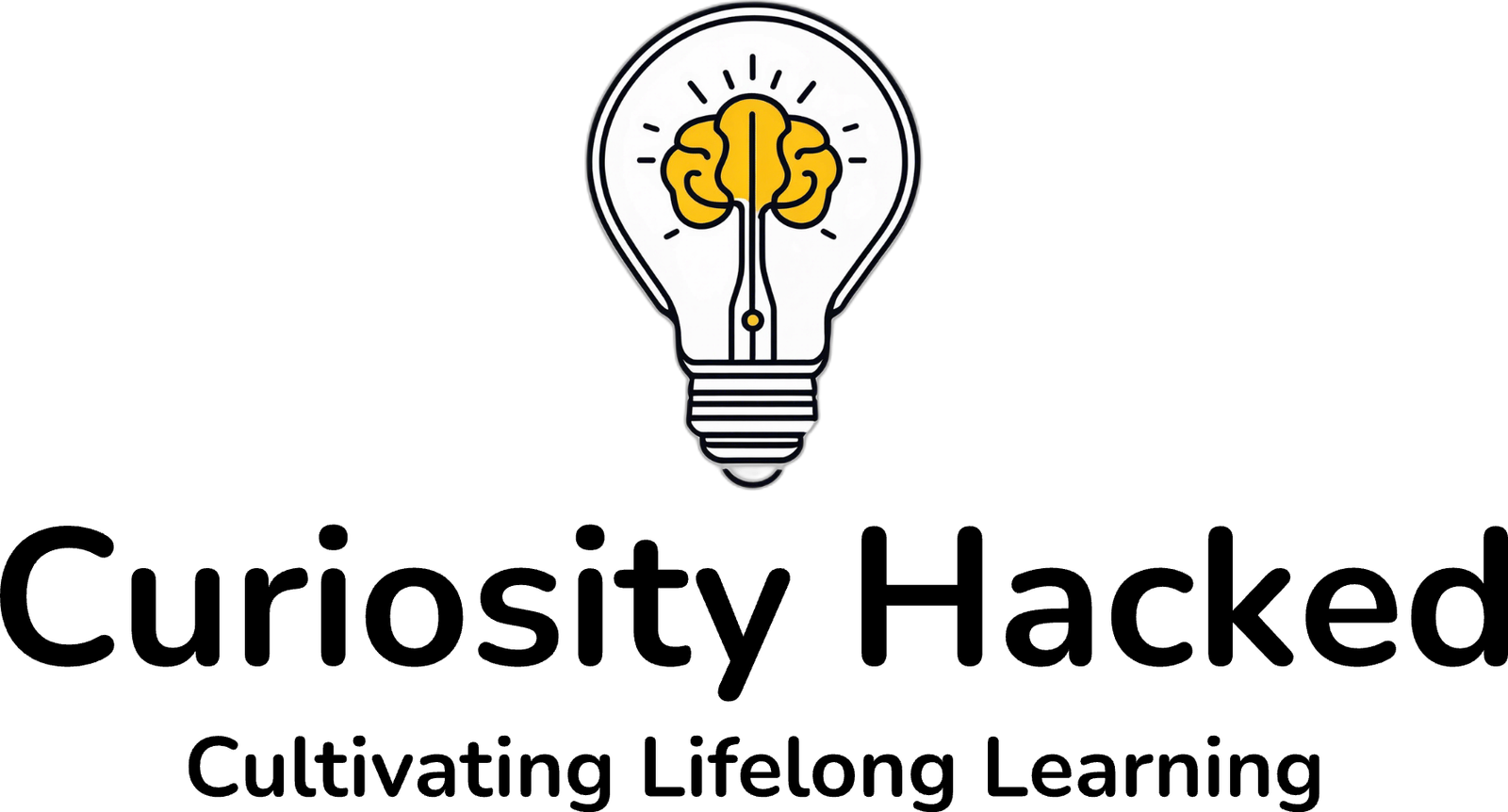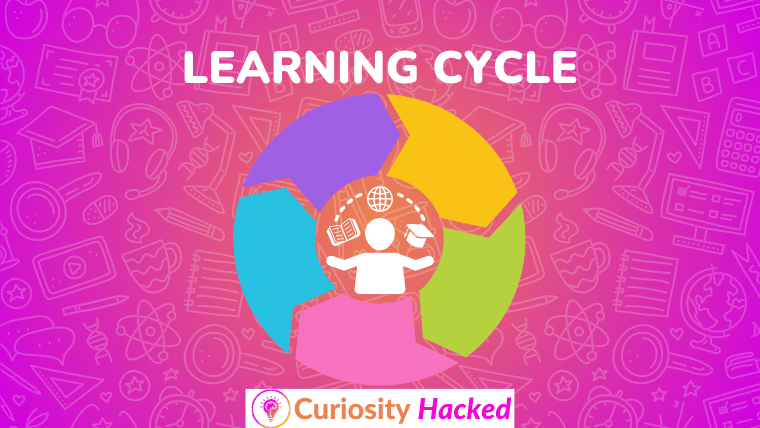A learning cycle is a set of steps, stages, or phases that a person goes through when they are learning from experience. This can be done using models, theories, concepts, skills, and methods to help one understand the world around us.
The purpose of this article will be to outline an effective learning cycle for anyone who is trying to learn something new. It’s not just for beginners but for anyone wanting to improve their skill level in some specific area.
For as long as humans have wanted to learn things, different learning styles have been taught and explored. For example, there are Gagne’s nine levels of learning, Kolb’s experiential theory, cognitive learning theory, and so many more.
We’ve always had the inherent need to break down the concept of learning to make it understandable and easy. That’s because learning is the most important mental defense we have.
The most efficient learning cycles will take down the stages of learning and break them into more manageable parts. Below we have an overview of a very efficient learning cycle. This cycle consists of 9 phases that easily chunk down learning.
An Efficient Learning Cycle
Defining Your Goal
To define your goal, you need to determine your intention. You should know yourself well enough to know whether you want to learn how to play the guitar, start studying a language, become fit, learn to code, etc.
Once you’ve decided on your ultimate goal, go back to defining it repeatedly until you’re happy with it (in other words, write down everything you think). Goals are like milestones – they are landmarks that mark progress toward our final destination.
Each milestone has its value, which will depend on the goal itself. So if the goal is playing the guitar, maybe the first milestone would be ‘learning the basics,’ and perhaps once you reach that point, your next milestone might be ‘practicing simple songs.’
Research
The more time you spend researching what you want to learn, the easier it will be to follow the learning cycle. You can use books, documentaries, blogs, articles online, and even videos.
The internet is a wonderland of knowledge; you can probably find all sorts of information on anything. But don’t stop at finding free resources; pay attention to the credibility of any source you read about. If a website looks trustworthy, try to check it out first before reading more.
Also, look at previous work someone else has done; there are bound to be references to past attempts at solving a problem that matches up with the current situation.
Resources
Having the right resources is integral for learning. You need to make sure you have the right tools for the job. That’s why the research is so integral; it’ll help you identify what resources you need before learning.
Planning

Once you know where you’re going and you have the right resources, you need a plan. This plan breaks down the steps of what you’re going to learn and how you’re going to learn it. Scheduling is a massive part of planning.
Extraction
Extraction is when you take out the key bits of information that you need to learn and begin learning.
Summarizing
Obviously, there will be a lot of information to learn. This step involves summarizing your learned information into smaller, bitesize chunks.
Synthesis
Have you ever found it easier to learn something when you connect it to something else? Like when you relate what you’ve learned back to yourself. That’s the process of synthesizing. It’s when you connect the dots between what you’re learning and what you already know.
Production
It’s a lot easier to learn things when you get involved and make things to do with what you’ve learned. This is the production phase. You can make things like posters, dioramas, or anything at all that is relevant.
Feedback
The whole point of the feedback phase is to gather information on areas you need to focus on and what areas your strength. By doing this, you’re being a reflective learner actively involved in their learning process, making recall easier.
Revisiting Your Learning
Learning is not as simple as learning something and then moving on. To keep information retained, you need to revisit what you’ve learned. This can be as natural as thinking about the information, physically re-reading any notes, and practicing what you’ve learned.
This is the most important phase in learning for recalling information.
And there you have it. An overview of one of the more comprehensive learning cycles out there.
Frequently Asked Questions
Here are some of the most frequently asked questions when it comes to learning.
How does The Brain Learn From Mistakes?
When we make a mistake, our brains automatically try to re-work the thought process to prevent a similar error from happening once again.
When we fail, instead of giving up or being discouraged, our brains are given a chance to improve using trial and error. The brain learns from mistakes by improving on each one.
How Do You Find Learning Resources?
The internet is probably the best place to find learning resources. Depending on what you want to learn, there are also apps available. For example, you could use Duolingo as a learning resource if you want to learn a language.
If you want to learn an instrument, you could try Yousician, etc. If you don’t have access to the internet, you could always try your local library. Books are a very underrated learning resource.
Why Are Learning Goals Important?
Learning goals are important because they act as the light at the end of the tunnel. They help you figure out what you’re learning and how to get there.
Say your goal was to learn Japanese. You instantly know what you’re working towards and know you need to start with the basics of the language first. Learning goals also help keep us motivated. You know what you’re working towards.








